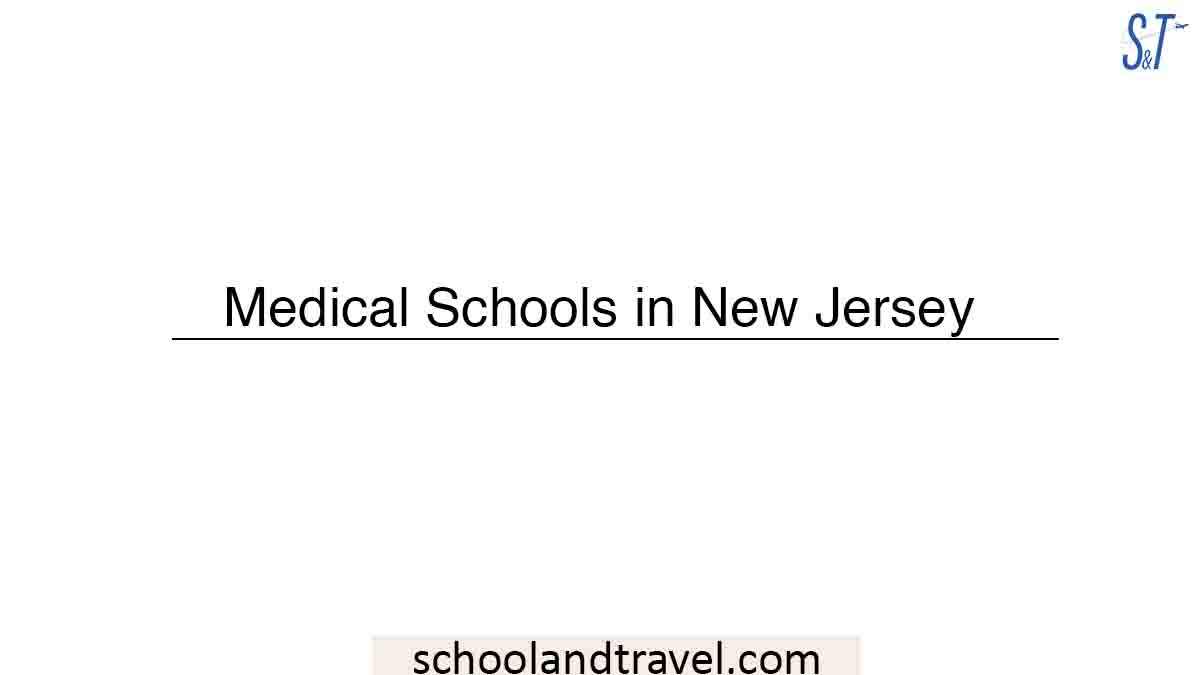A timetable, avoiding bad food, and studying in a group with other students are some of the best strategies for getting ready for the test.
By avoiding these distractions, you’ll have more time to concentrate on your studies and improve your exam-passing performance.
Continue reading for more advice on how to study for the test and achieve a passing grade. Additionally, remember that watching television and listening to music while studying are significant distractions.
This is Elizabeth March, a content creator from an essay help service Writance.com, where you can pay for essays and get quality work; let’s start!
Studying with a group
Studying in a group is a fantastic approach to developing good study habits and gaining the respect of your fellow students.
To ensure that each participant can contribute knowledgeably to the conversation, ensure that everyone in the group has read the same material.
Establish a leader to keep the group on course and ensure everyone shares their information.
Assign group members to tackle challenging psychology homework issues and find solutions to any issues brought up in class.
Additionally, come up with locations where the group can gather and have a backup plan in case the group cannot meet.
Decide on a time when you will study. Your study group should ideally get together at least once weekly before the test.
However, your sessions will be more fruitful if you have a scheduled meeting time. The most effective study sessions last at least 15 minutes.
Remember that your study group will require more time to complete tasks the larger it becomes.
Creating a schedule for preparation
You’ll be able to study more successfully if you have a schedule. The study material can be divided into sections or groupings, such as themes, chapters, and lectures.
The total number of study units can then be divided by the days needed to finish the course.
If you only have six days to study for an exam, you might want to spread your study time over two days rather than one.
You should plan your study schedule and be aware of the type of exam you will take. Knowing how many questions will be derived from each segment is crucial.
Read the written directions on the paper carefully. Get comfortable with the questions you’ll be asked and the caliber of your responses.
By doing this, you can prevent being bored or uninterested. Setting a schedule will also help you manage your workload and focus.
Eating less junk food
Junk food should be avoided at all costs when studying for an exam. Even though students congregate in coffee shops in droves during the test period, they should be avoided.
While coffee can give you a caffeine boost, it will also make you uneasy and cause your heart rate to increase.
It’s advised to avoid it because it might also give you a caffeine headache. Try to sip your morning coffee instead.
Although they are a fantastic energy source, carbohydrates are not the best option on exam day.
Even though you need them to sustain your body during the exam, eating too many of them can make you feel tired and heavy.
Dehydration, which can lower concentration, can also result from consuming too many carbohydrates.
Additionally, foods high in protein, including nuts and eggs, can enhance the brain and increase alertness. You should organize a wholesome breakfast to prevent this.
Choosing a reasonable study objective
Setting a study goal is essential when getting ready for a test. You can process the information more quickly and keep it longer if you have a realistic objective.
Information is absorbed in varying rates depending on the student. A realistic objective will enable you to save time and earn better grades, even though you might need different tactics to prepare for the test.
It’s crucial to determine how much time you’ll need to spend studying for each subject so that you can create a realistic study schedule.
By setting a concrete goal, you may maintain your motivation and concentration while studying for the exam. Determine a deadline for finishing your studies and offer detailed information.
Setting a deadline for yourself will also keep you motivated. Make sure to set a realistic study objective and stick with it.
It is a good idea to break down your study objectives into various outcomes, like reading a particular book or doing a particular task.
Getting sufficient rest
Even while a few all-nighters won’t likely impact how well you perform on an exam, you should try to get more rest before one.
According to studies, students who obtain at least seven hours of sleep the night before a test do 18% better than those who don’t.
You’ll wake up rested and ready to focus on the test if you get enough sleep. You should begin early in the evening, at least a few hours before the exam, to make this procedure simpler.
College students frequently require more sleep than the normal adult and a healthy night’s sleep. Like physical stamina and exercise, sleep is crucial for learning.
Your time spent learning is maximized. Additionally, it helps with memory. According to studies, students who get enough sleep the night before an exam perform better on tests and earn higher GPAs.
Make a timetable for yourself and follow it to ensure you get adequate sleep before your exam.
We hope our tips will help you as you prepare for exams. And remember, get more rest.
Even if you don’t have time to turn in some homework, you can always turn to homework help services, where experienced essay writers or thesis writers will do quality work for you (and even provide economics homework help).
Awesome one; I hope this article answered your question.
Editor’s Recommendations:
- 15 Best Affirmations to Pass Exams (Benefits, Tricks, FAQs)
- How to Prepare for a Competitive Exam (FAQs, Tips & Tricks)
- Olympiad Exams (Types, Application, How-to, FAQs, Exam tips)
- What to bring to the ACT Exam (Don’t forget any of these)
- Top 15 Boarding School Interview Questions (With Examples)
If you find this article good, please share it with a friend.





